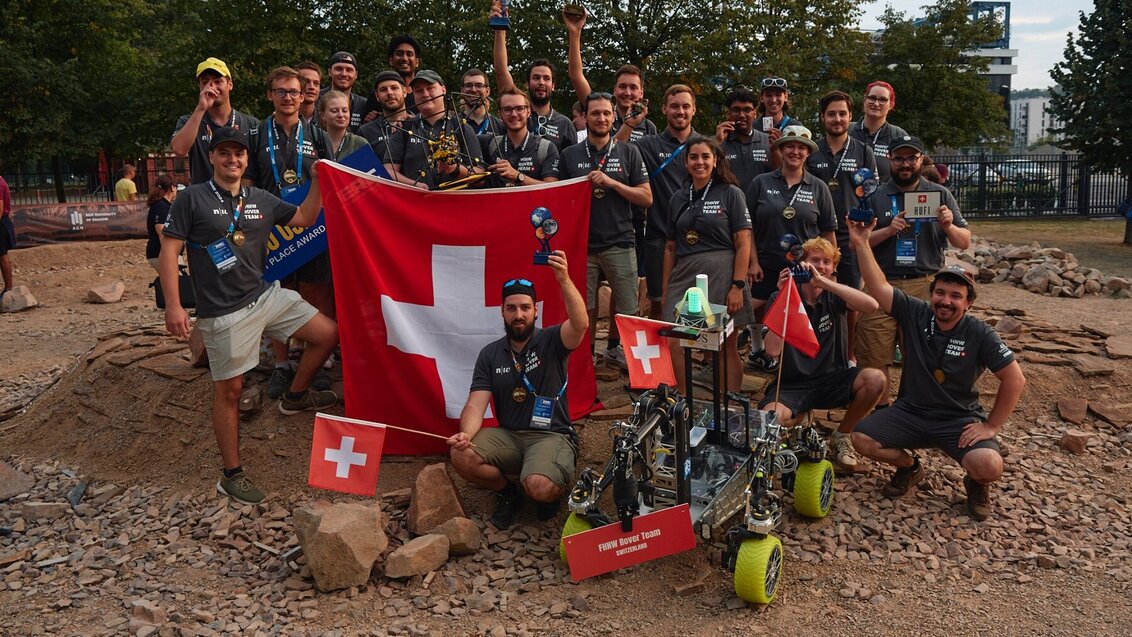
photograph: AGH University KSAF, J. Kopeć
The jubilee edition of the European Rover Challenge (ERC), a prestigious international space robotics competition, has come to an end. 24 teams representing universities from all over the world took part in the competition. By the decision of the jury, the winner was the Swiss FHNW Rover Team, having done best on the so-called Mars yard, a space inspired by the Red Planet. The event, which attracts hundreds of outstanding scientists, experts, and enthusiasts of the space sector each year, took place on 6-8 September on the campus of the AGH University of Krakow.
The ERC 2024 finals brought together students from the best technical universities, representing 11 countries from around the world, including Denmark, Switzerland, Serbia and Great Britain. There was also a strong Polish representation, as five engineering teams from Poland took part in the competition. After the three-day struggle, meeting the challenges of specially designed competitions and gaining 2258.24 points out of 3000, the FHNW Rover Team from Switzerland won. They were followed by the hosts, AGH Space Systems, with a score of 2026.5 points, and the third place was taken by the ITU Rover Team from Turkey with a score of 1796.6.
The final phase of the challenge was a culmination of a few months of intense work on unique projects of rovers, which then competed on a special track imitating the surface of Mars. The tasks faced by the participants faithfully reproduced real missions carried out by space agencies such as NASA or ESA, i.e. the challenges faced by rovers working on Mars and the Moon. The jubilee edition of the ERC also stood out with its new Mars yard design, a competition arena imitating the surface of the Red Planet. As part of the preparations for the event, a canyon inspired by the surface of Valles Marineris, the largest canyon in the Solar System, was created.
“The jubilee edition of ERC 2024 is not only an international duel for a prestigious title. It is the tenth, unique opportunity for young engineers planning their career in the space and robotics sector. Together with the organisers and partners of the event, we are glad that every year the competition attracts such excellent experts, thanks to which we are actually expanding the group of recipients we reach with this unique programme. This is proven by the constantly expanding group of participants and special guests, including those from the ESA and NASA,” said Łukasz Wilczyński, the originator and main organiser of the event.
Classification of teams distinguished in the ERC 2024:
|
Category |
Distinguished team |
|
Science – Exploration |
BEARS from Germany |
|
Science – Construction |
FHNW Rover Team from Switzerland |
|
Science – Surface Sampling |
FHNW Rover Team from Switzerland |
|
Science – Deep Sampling |
FHNW Rover Team from Switzerland |
|
Navigation – Traverse |
AGH Space Systems from Poland |
|
Navigation – Droning |
BEARS from Germany |
|
Maintenance |
FHNW Rover Team from Switzerland |
|
Probing |
STAR Dresden from Germany |
|
Presentation |
EPFL Xplore from Switzerland |
The Mars rover competition was not the only attraction of the past ERC weekend. There was also a popular science conference, with outstanding specialists and scientists delivering lectures. The event brought together representatives from the domestic and foreign space sectors, as well as representatives from space agencies such as NASA, ESA, and DLR. One of the speakers during the event was Dr Swati Mohan, a key expert at NASA JPL and the chief engineer of the Mars 2020 mission, and Simon Jenner, a representative of Axiom Space, a leading provider of manned spaceflight services.
The scientific exhibitor zone was waiting for all seekers of technological novelties and astronomy enthusiasts, regardless of age or extent of knowledge. It was an opportunity to take advantage of free workshops and conduct scientific experiments at the exhibitors' stands. This year's edition of the event also saw the final of the Earth Rescue Challenge – Water Edition project, a nationwide competition for secondary school students. The competition consisted in conducting satellite observations of a given region and proposing a solution for the protection and sustainable management of water resources based on the collected data. The competition was won by a team from a high school in Opoczno, whose solutions will be implemented into practice.
The event was also a great opportunity for business representatives and investors interested in space industry to meet and network. This included CASSINI Matchmaking, an initiative dedicated to supporting entrepreneurs, start-ups, and small and medium-sized enterprises from the EU operating in the space sector. The project focuses on stimulating European innovation by connecting ambitious companies with investors and corporations. As part of the partnership with the European Union Agency for the Space Programme (EUSPA), individual mentoring consultations were held with representatives of the organisation and the European Commission, aimed at increasing the chances of entrepreneurs to reach capital financing and establish partnerships with investors.
The ERC competition was a perfect reason for a visit of the U.S. Assistant Secretary of State for Management and Resources, Richard R. Verma, who toured Mars yard, spoke to the teams, looked at their work, and met with guests present at the event.
photograph: AGH University KSAF, Z. Nóżka
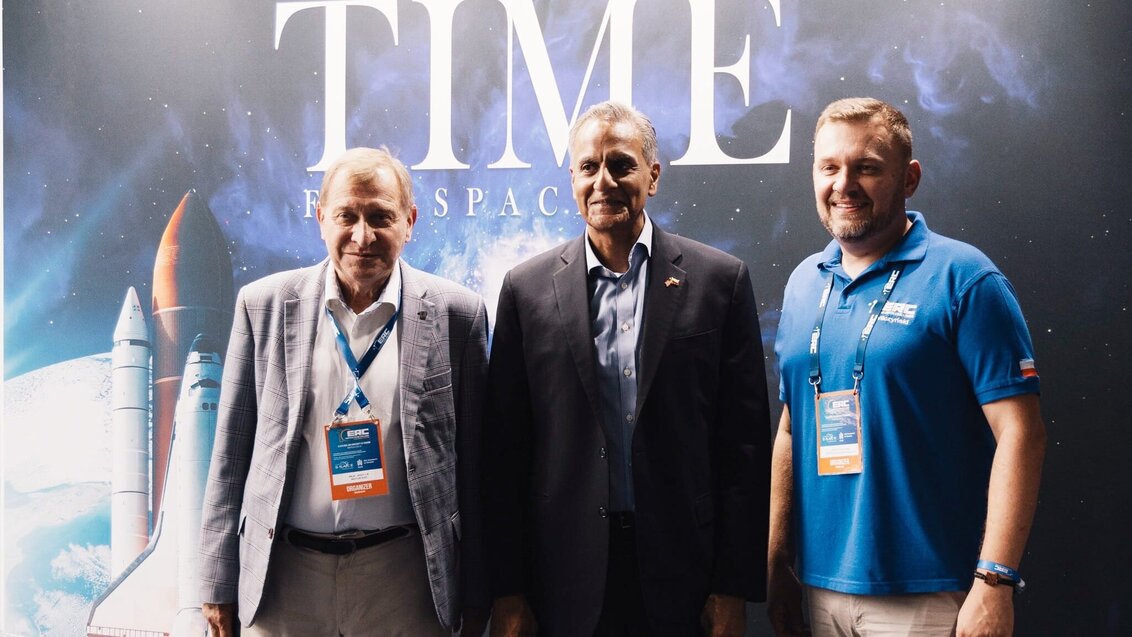
The organisers of the 10th European Rover Challenge were the European Space Foundation and the AGH University. The ERC received the honorary patronage of the Minister of Education, the European Space Agency (ESA), the International Astronautical Federation (IAF), the Mayor of Krakow, the Marshal of the Małopolska Region, and the Polish Space Industry Association (SPACE PL). The project was financed from national funds granted by the Minister of Education and Science within a programme aimed at raising social responsibility of science. Partners of the event were CASSINI Matchmaking, the U.S. Consulate General in Krakow, Mars Society Polska, Polish Space Professionals Association (PSPA), Polish Space Agency, Explore Mars Europe, JoinThe.Space, MathWorks, 3Dconnexion, Pyramid Games, Pokojowy Patrol, Empiria i Wiedza Foundation, SpaceShip Foundation, PRATT & WHITNEY, and Business in Małopolska, with financial support from the Malopolska Region. The partner supporting the construction of the Mars yard was the “Zalas” Porphyry Mine.
******
The European Rover Challenge (ERC) is an annual international competition of Martial rovers with participants from all over the globe. Just like the University Rover Challenge, the ERC is part of the Rover Challenge Series, league of the most prestigious rover competitions in the world. The ERC is the largest such an event in Europe directed to the world of science and business, the sector of new technologies, and the general public. The challenge has been organised in Poland since 2014. For more information, visit the ERC website.



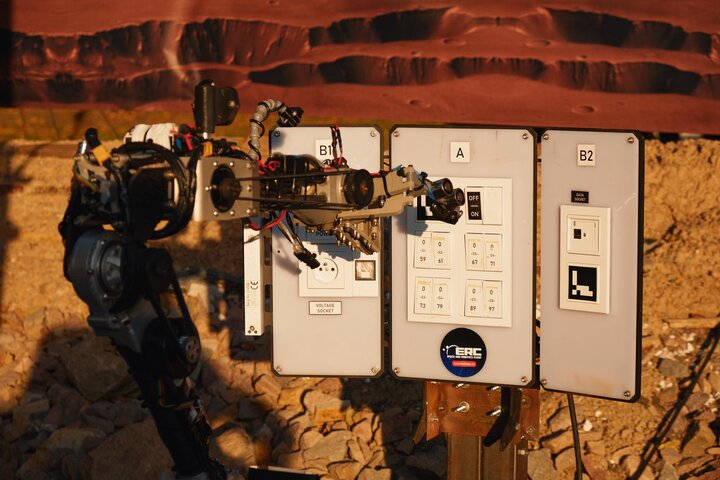
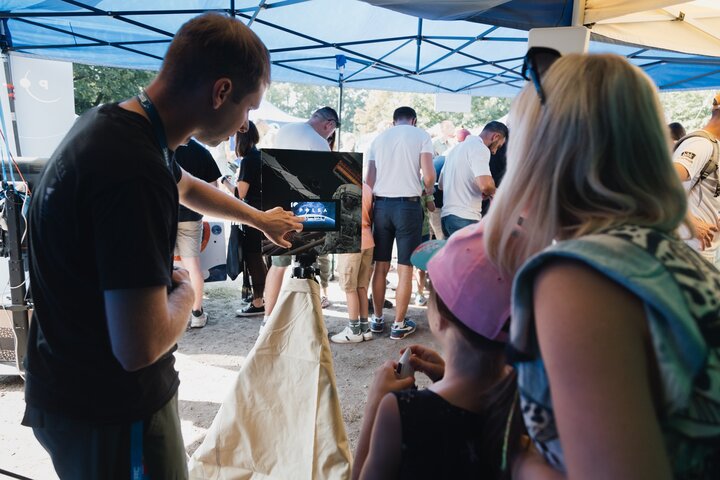
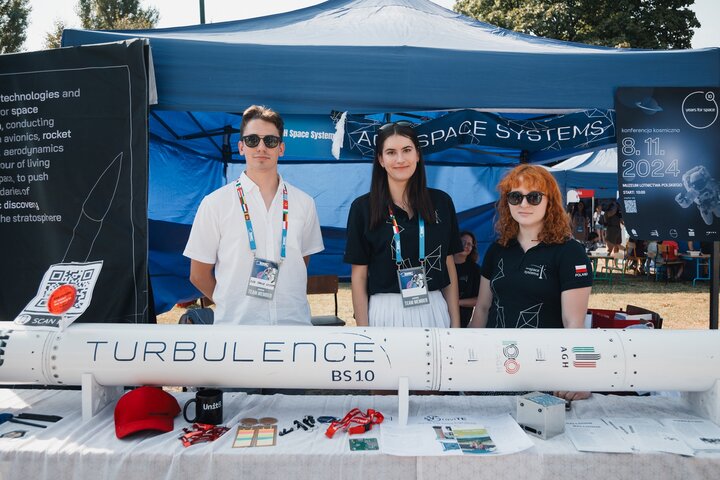
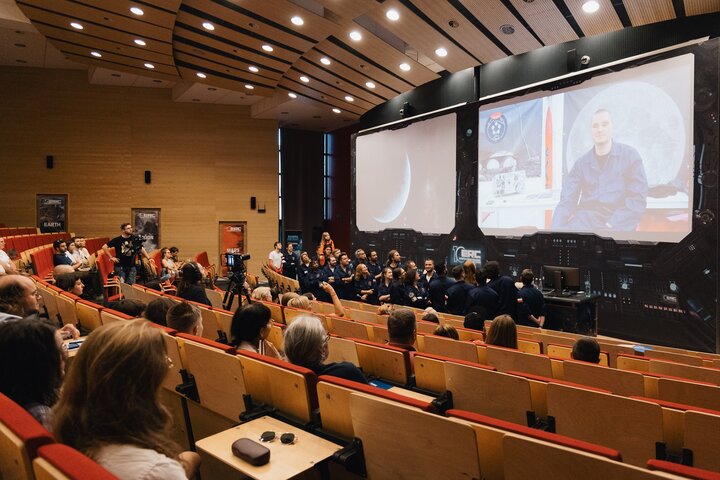

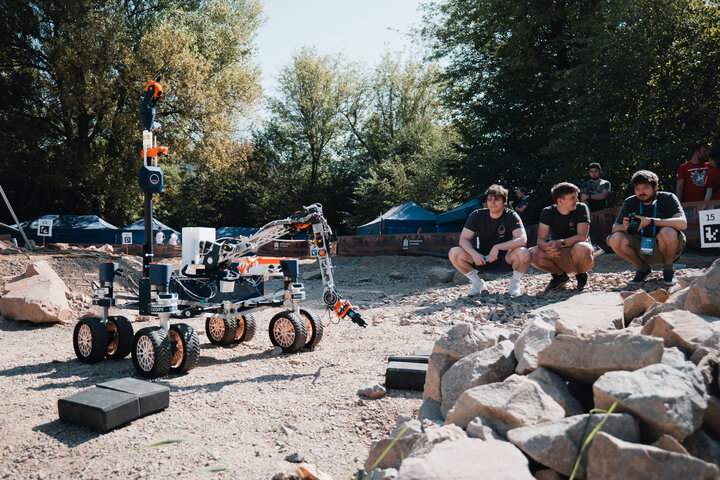
 AGH University Alumni Day 2024
AGH University Alumni Day 2024  20 years of AGH University-SIT partnership and inauguration of Alumni Association in Tokio
20 years of AGH University-SIT partnership and inauguration of Alumni Association in Tokio  Projects by AGH University Main Library with funding from Scientific Social Responsibility programme
Projects by AGH University Main Library with funding from Scientific Social Responsibility programme  Honouring those we lost this year
Honouring those we lost this year  On energy transformation and more. Distributed Energy Congress
On energy transformation and more. Distributed Energy Congress  AGH University to establish AI Factory
AGH University to establish AI Factory 

